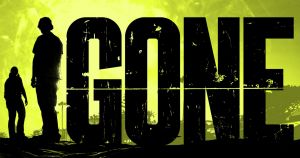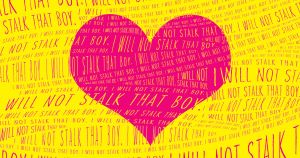
The Real Narcolepsy
Bad depictions in popular culture foster the narrative of the lazy narcoleptic: They’re lazy. They’re late/unproductive/lethargic employees. They’re uncaring lovers or absent friends. And so on and so on.

Bad depictions in popular culture foster the narrative of the lazy narcoleptic: They’re lazy. They’re late/unproductive/lethargic employees. They’re uncaring lovers or absent friends. And so on and so on.

Pete’s autism is portrayed over and over again as being non-stop pain and suffering. That got incredibly hard to read; do people really think this is what autism is like?

Hanna is a character with bipolar disorder; she’s not “bipolar disorder, the walking human diagnosis.” I think people who share the disease will find something soothing in seeing someone who both manages and mismanages her illness realistically.

Many characters who may be mentally ill reject treatment out of hand, considering therapy a waste of time and suspecting medication will turn them into a zombie. Why are these narratives so popular? What are the alternatives?

We have so few stories—especially lighthearted ones—with wheelchair-using characters that I’d hoped I’d be able to recommend I Funny, but it’s a dangerous narrative wrapped up and presented as “good messages.”

The Mara Dyer trilogy remains one of the best fictional depictions of PTSD that I have come across. That just makes it more disappointing when the series badly misses the mark on other issues.

Although I was underwhelmed by the portrayal of albinism in Akata Witch, it’s a great novel that features the first strong, sympathetic lead with albinism I’ve seen in quite a few years.

Some people call OCD a doubting disease. Corey Ann Haydu infuses her story with the back-and-forth, pulsing presence of this doubt, resulting in a first-person, insider’s account of what the condition feels like for many.

The Categorical Universe of Candice Phee is a fun, well-written book, if an imperfect autism read.

This book definitely had its creepy moments, but I think other books have taken the protective older brother trope and did it better—without turning the younger brother into a plot device.